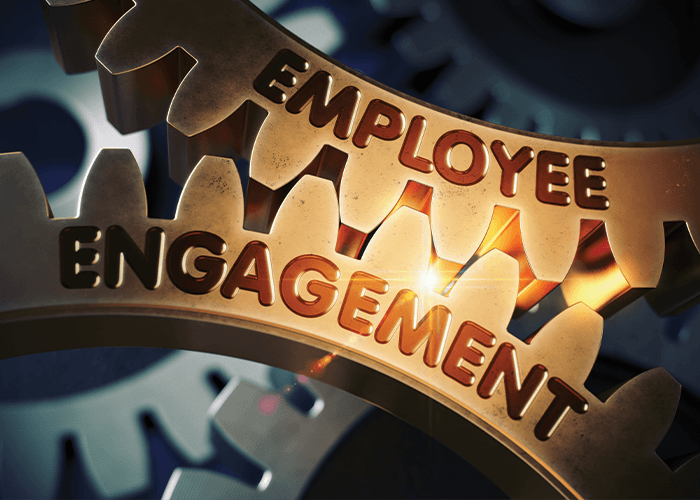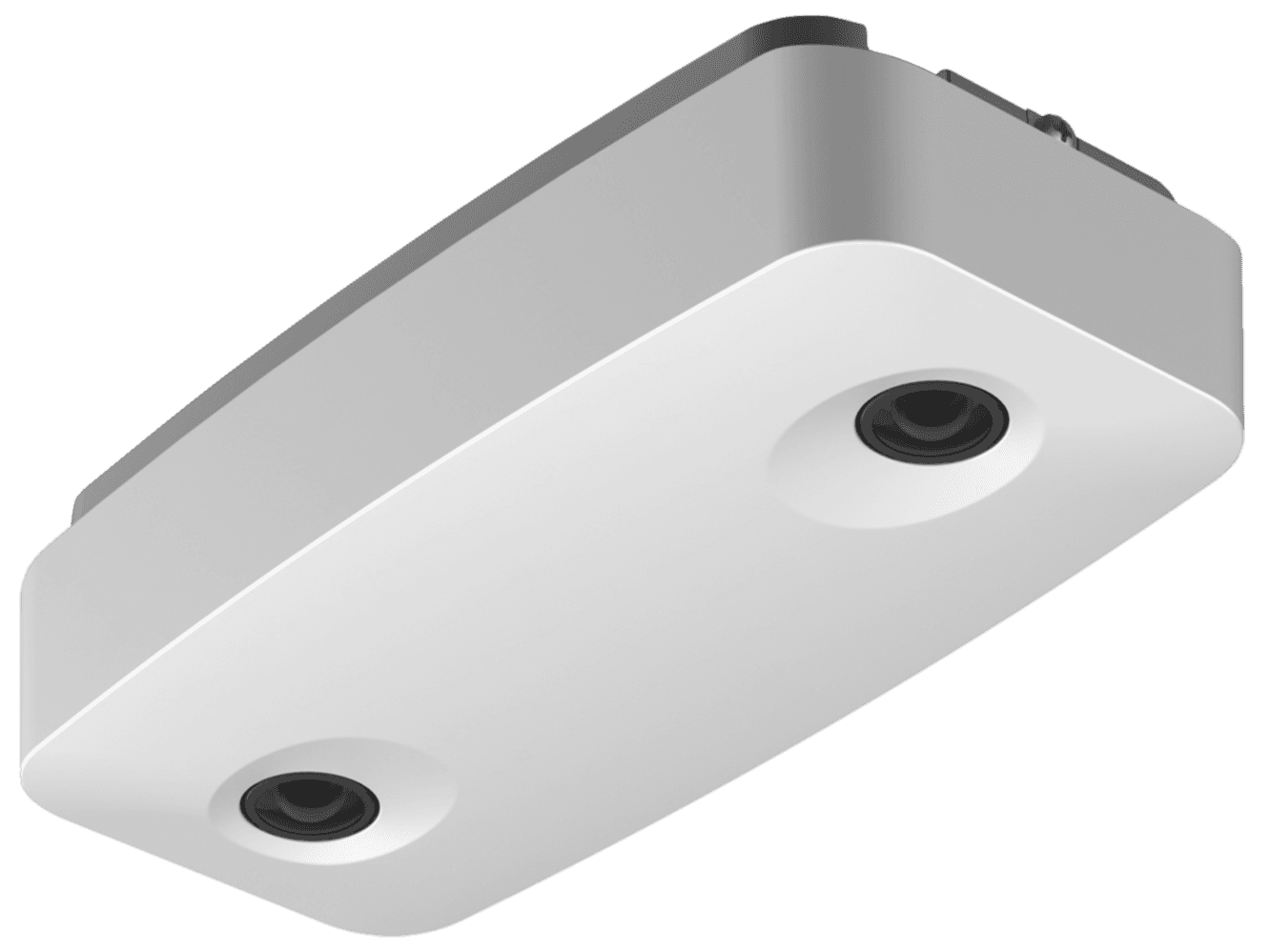5 Tips For Boosting Retail Employee Engagement

On this page
Even as e-commerce has made its mark, traditional retail has continued to make up a huge portion of the business world, retaining its status as one of the biggest and most reliable sources of employment. While it's generally easy to find retail workers, though, it's considerably harder to retain them - after all, retail work is often viewed as a stopgap solution.
This wouldn't be a problem if employee retention weren't vital to business growth. Long-serving employees make fewer mistakes, work more efficiently, and contribute vastly more than fresh hires ever can. So how do you convince retail employees to stick around for quite some time? You keep them engaged. Employee engagement lifts productivity and job satisfaction.
In this piece, we're going to look at five tips for boosting employee engagement. Let's begin.
Request thorough feedback
There might be numerous things (minor, middling, or major) that annoy your employees on a daily basis without you having any idea. They might not mention them because they don't want to appear demanding, or because they assume nothing will be done about them. If you take the time to consult them about their jobs - reassuring them throughout that their jobs are safe and you just want their honest feedback - then you can learn many surprising things. If you're unsure how to go about this, ProSky has some tips worth considering.
Not only will feedback allow you to directly address those hidden issues (making your employees significantly happier), but it will also reassure everyone that you care what they think and are determined to make your working conditions better. Working for a good boss is a compelling reason to stay engaged with what you're doing.
Establish clear progression paths
The reason why retail employees tend to leave after short stints is that they don't view retail as a viable long-term option. It's partially due to the stigma attached to it, but it's also a matter of financial viability: people aspire to make more money and have more responsibility, and that doesn't always seem like an option in the store environment.
Due to this, your organization needs to have clear paths to career progression, and everyone should have a solid idea of what they need to do to earn promotion. Additionally, don't settle for management as the only option if there are other roles you'd find useful. What about product researchers? Graphic designers? Interior designers? Let people go where their skills can take them: replacing store assistants isn't so bad if the old ones stay with your brand.
Offer some meaningful perks
It should go without saying you should pay competitive salaries, so I won't put much stress on it here, but something else you should do is offer meaningful perks. The word meaningful is important here because companies often expect their employees to care about perks like free snacks or use of a pool table in the lunchroom.
So what do meaningful perks look like? Well, flexible scheduling is a huge one: work with your employees to accommodate their preferences. And since remote working doesn't really fit, you can help out with fuel costs by issuing fuel cards (check out the iCompario guide on this) or simply offering some direct reimbursement. By prioritizing things that really matter, you can ensure your perks actually make a difference.
Encourage creative solutions
Depending on the store, there might be hundreds of tasks that go into the regular workweek, and the routine you have for each one might not be optimal (this particularly applies to old processes, given the march of technology). If you focus on outcomes instead of methods, and let workers know they can use initiative (within reason), you should see some interesting results.
This particularly applies to customer service, because there's a huge amount of nuance in dealing with customers - particularly when they get ornery. Is it better to cave and give an angry patron everything they demand, or to stand up to them? The answer is that it depends on the context, so instead of requiring workers to stick to your scripts, give them the agency to decide for themselves.
Introduce more work variety
Retail work can get very monotonous, and employees can become so bored that they go into autopilot. To avoid this, you should find a way to add variety to their workloads. What else could they do for you? What other projects could they work on? Playing into the creativity we just looked at, you could find some hours for them to work on store decoration for special occasions.
And what about coming up with ideas for rearranging the store? Maybe they think a few tweaks would lead to larger purchases, and maybe they're right. Let them express themselves by making key suggestions and they'll feel a lot more satisfied - and if they're good at what they do (and they presumably are), then their suggestions will probably be good.
These five employee engagement tips should help you get your employees working with more passion, determination and resilience, keeping them around for longer and ensuring they produce better results. See how you get on.
About the writer: Stevie Nicks is Digital Editor at Just Another Magazine - a website that covers the topics you care about. You'll find articles about lifestyle, travel, fashion, trends and relationships on the site - each of which is written in its unique style.
Join the #retail, #SmartStore & #ConnectedJourney conversations on Twitter @RetailNext, as well as at www.facebook.com/retailnext.
About the author:

Stevie Nicks, Just Another Magazine



